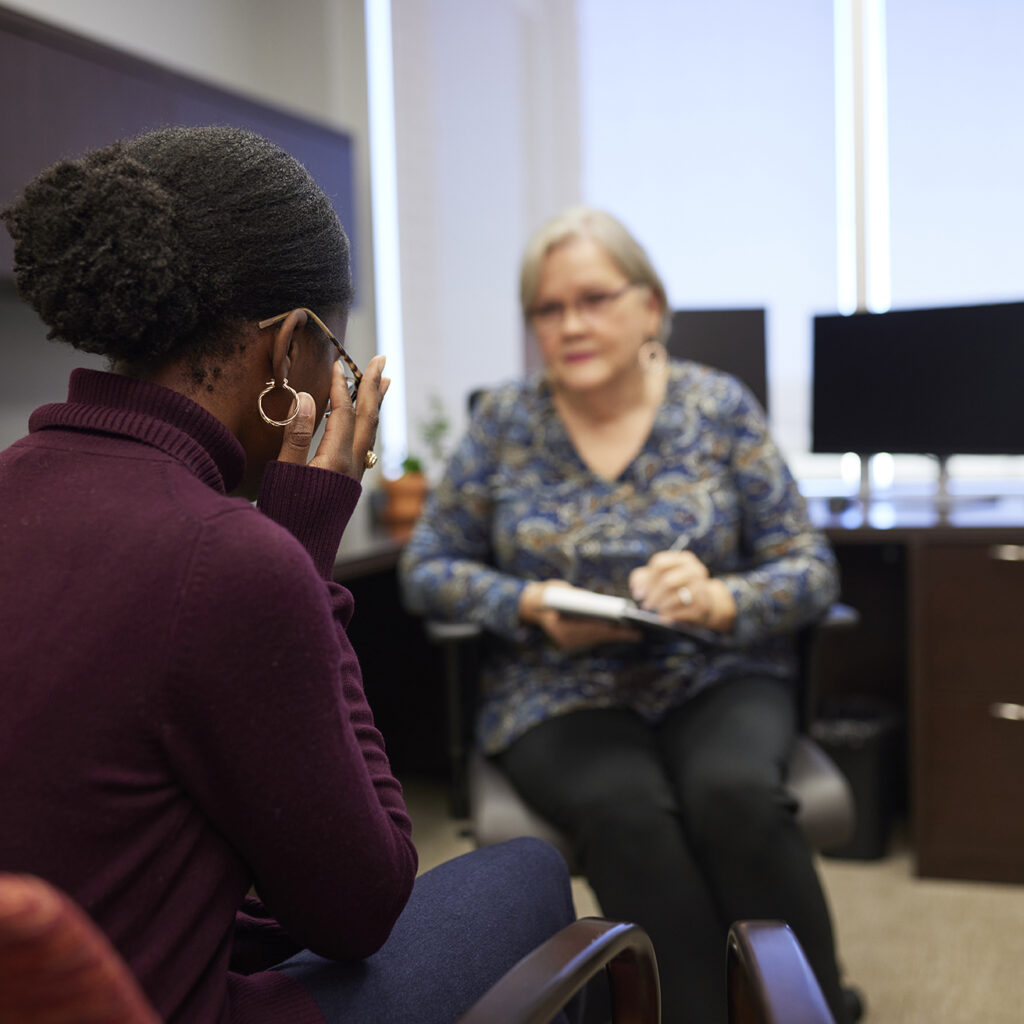Mental Health
Our research-backed resources and in-person programming are designed to teach all Texans to recognize signs of mental illness, cope with stress and find help for themselves or a loved one.
Related Departments: Nutrition

Cooking Well Series

Learn About
Mental Health
Programs
Courses
All Resources on Mental Health
- Course
Abusive head trauma is the leading cause of death in cases of child abuse in the United States. This 2-hour course will help you better understand the dangers of abusive head trauma and how to take steps to protect the children in your care from this type of abuse.
- Course
Infants’ experiences early in life literally influence the physical structures of the brain, opening the way for patterns of thought and behavior for the rest of a child’s life. This 1-hour course addresses critical topics related to caring for the youngest and most vulnerable population of children, infants and toddlers.
- Course
In this training course, you will learn about cultural sensitivity. We define and describe culture, how cultures differ, dual language learners, pathways to cultural sensitivity, strategies for communicating with families who do not share your language, and strategies to make your setting culturally competent.
- Course
Sudden Infant Death Syndrome is the leading cause of death among babies between 1 and 12 months old. This course will help you learn how to create a safe sleep environment for infants, thus reducing the risk of Sudden Infant Death Syndrome, also called SIDS, and other sleep-related causes of death that affect infants.
- Course
In this course, you will learn about healthy brain development. We discuss the importance of responsive interactions and secure attachments, how interactions drive language development, the roles of major brain chemicals, the impact of trauma on the developing brain, and strategies for supporting brain development.